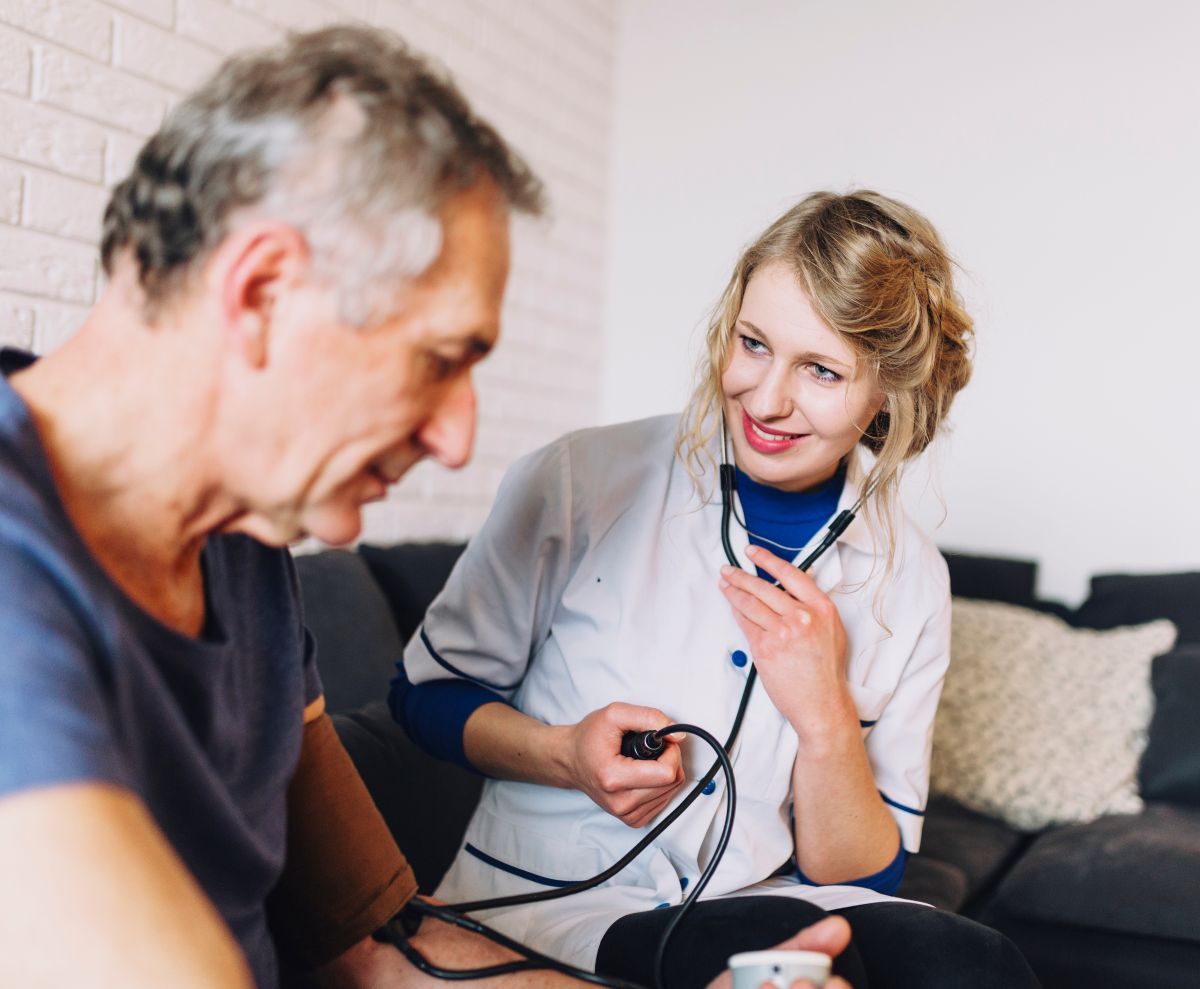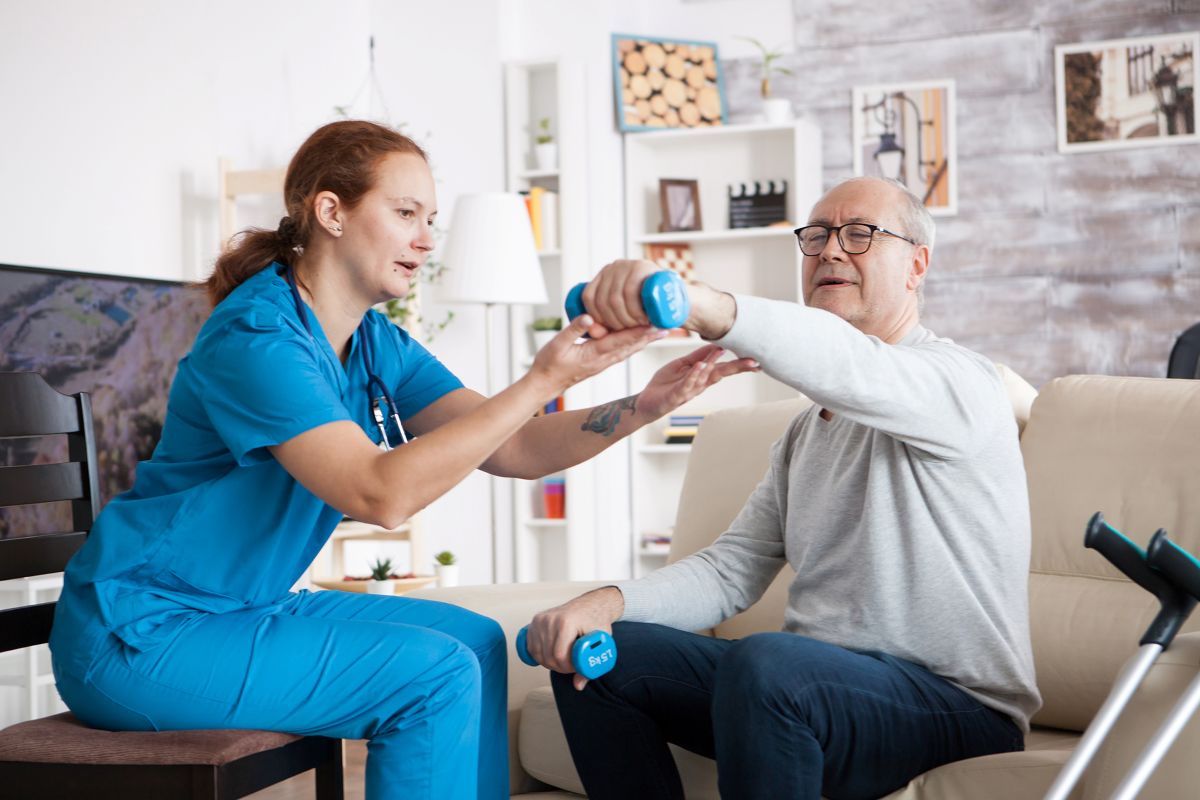I see patients in my office every day to discuss colorectal cancer screening. Drawing from these visits, I’ve put together some of the more frequently asked questions in an effort to shed some light on this important issue.
Q. Why do I need a colonoscopy? I feel fine and I’m having no symptoms.
A. Precancerous colon polyps usually cause no symptoms. Even colon cancer may be asymptomatic.
Q. Do I need a colonoscopy if I have no family history or other risk factors?
A. Yes. Precancerous polyps can be detected in approximately 15 to 25 percent of the general public after the age of 50. In addition, their prevalence increases with age.

Q. When should I start screening?
A. That depends on your risk factors. Patients who are at an increased risk (such as a family history) generally start at age 40, or 10 years before the age their family member was diagnosed, whichever comes first. For example, if a parent was diagnosed with colon cancer at age 45, their children should start screening at 35.
Patients without risk factors should start at age 50. There is some ongoing debate concerning this number as some organizations have recommended earlier screening (age 45) among African Americans.
Q. What are the risk factors for colon cancer?
A. As mentioned earlier, a family history increases one’s risk. This is defined as a single first degree relative such as a parent or sibling; or two second degree relatives such as an aunt or grandparent. Other risk factors include previous colorectal cancer or polyps, inflammatory bowel disease, and previous abdominal or pelvic radiation. A personal history of some other types of cancers such as breast or prostate may also increase someone’s risk.
Q. What about the prep? Do I need to drink gallons of disgusting laxatives?
A. Overall, the prep has improved in regard to taste and volume. Still, the end result is the same, and you’ll need to stay close to your favorite bathroom on the evening before your test.
Q. Does it hurt?
A. With our current sedation methods, there should be no discomfort during the procedure. Many of the stories you may hear about an extremely uncomfortable exam predate our current modes of sedation. After the test one may experience some bloating or mild cramps.
Q. Why colonoscopy over other tests?
A. Other screening modalities such as stool testing, sigmoidoscopy, barium enema, and virtual colonoscopy have some inherent flaws. In addition, colonoscopy is the only modality whereby polyps can be removed during the procedure.
Obviously, there are many more questions that belie an article such as this. Your primary care provider or gastroenterologist is here to answer these queries.
The fact remains that colon cancer is the second leading cause of cancer related deaths in the U.S. However, proper screening can eliminate this risk in one’s lifetime.





